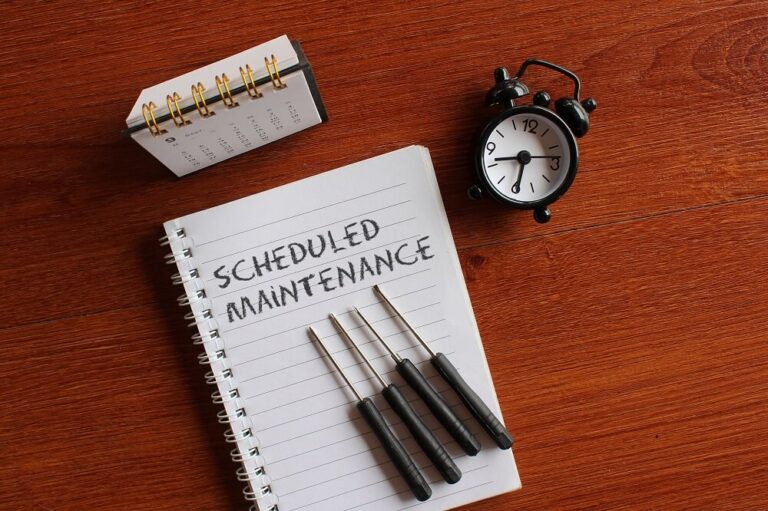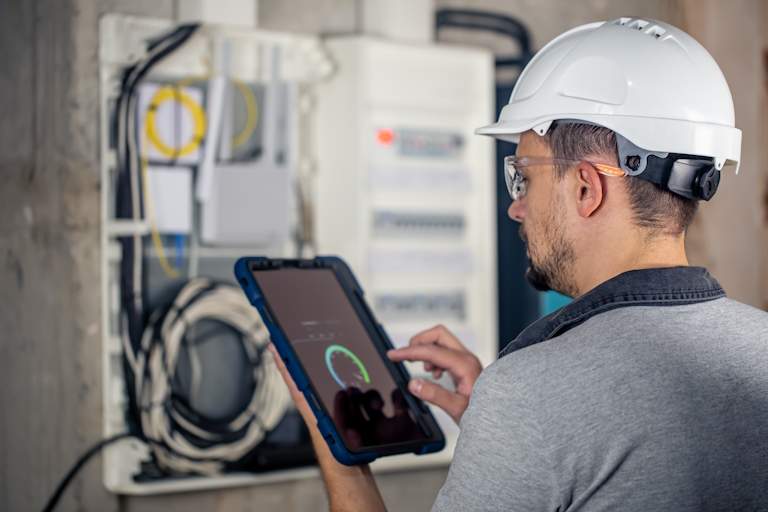As a hotel or facility maintenance manager or engineer, planned maintenance is a critical component of ensuring that your equipment and assets are operating at optimal levels. However, identifying signs of inefficiency can be challenging. This article highlights eight key indicators that your hotel preventative maintenance management practices may be inefficient, and how to improve them.

1. Increased Guest Complaints and Bad Reviews
An increase in guest complaints or negative reviews maybe a sign that your assets are not receiving adequate maintenance. This can lead to dissatisfied guests, reduced revenue, and fewer repeat bookings. Prioritising efficient planned maintenance practices is vital to enhance guest satisfaction.
2. Disorganised Inventory and Poor Asset Management
Disorganised inventory and poor asset management hinder efficient hotel and facility maintenance management. Without proper tracking and organisation, it becomes challenging to identify assets requiring maintenance and schedule tasks promptly. This leads to missed maintenance, increased downtime, and diminished guest satisfaction.
3. Excessive Downtime
Frequent breakdowns and repairs indicate ineffective planned maintenance practices. Excessive downtime disrupts operations and guest experiences. It’s crucial to reassess your preventative maintenance program to address these issues and minimise costly disruptions.
4. Backlog of Work Orders
If you have a backlog of work orders that are waiting to be completed, it may be a sign that your planned maintenance program is not efficient. Work orders should be completed in a timely manner to increase guest satisfaction, prevent equipment breakdowns, and minimise costs downtime.
5. Unplanned Expenses and Exceeded Budgets
Unplanned expenses and exceeded budgets are a clear indication that your preventative maintenance practices are not effective. If you find that you are constantly going over budget or experiencing unexpected expenses, it may be time to re-evaluate your planned maintenance program. Enhancing cost control and planning strategies is crucial to optimise maintenance spending.
6. Lack of Time for Strategic Planning and Continuous Focus on Daily Operations
If you find that you are constantly putting out fires and don’t have time for strategic planning, it may be a sign that your planned maintenance program needs to be reviewed. A well-run maintenance program should balance strategic planning and daily operations effectively. Allocate resources and implement streamlined tools and processes to create space for strategic initiatives.
7. Health & Safety Risks
A poorly maintained environment can pose health and safety risks to employees and guests. If you find that your hotel or facility is not meeting health and safety standards, it may be a sign that your preventative maintenance program is not effective and requires adjustments.
8. Unreliable Data on Planned Maintenance History, Costs and Other KPIs
If you don’t have reliable data on maintenance history, costs, and other key performance indicators (KPIs), it can be difficult to evaluate the effectiveness of your planned maintenance program. Without this data, it can be challenging to make informed decisions about future maintenance needs, budgets, and improvements.
TL;DR
If you are experiencing any of these signs, it may be time to re-evaluate your planned maintenance program.
Q2 Solutions’ Sidekick and ESCAP cloud software platforms help hotels and facilities efficiently manage their maintenance, engineering, asset management and general operations to deliver memorable guest experiences.
Contact us to discuss how we can help.

